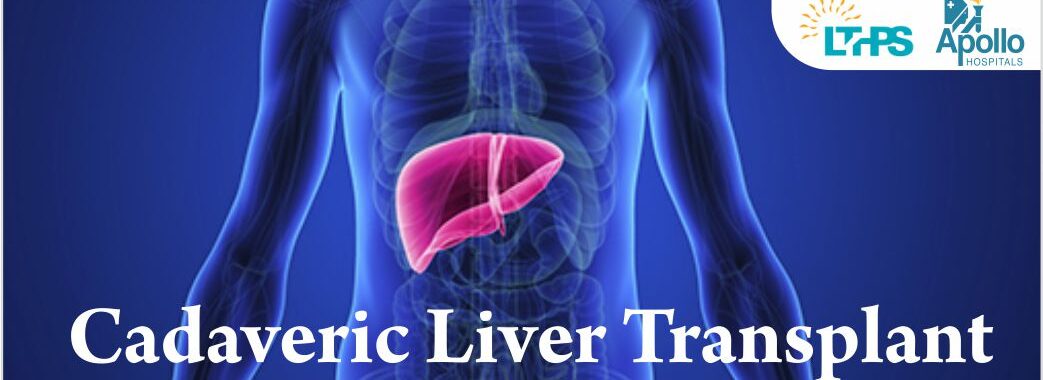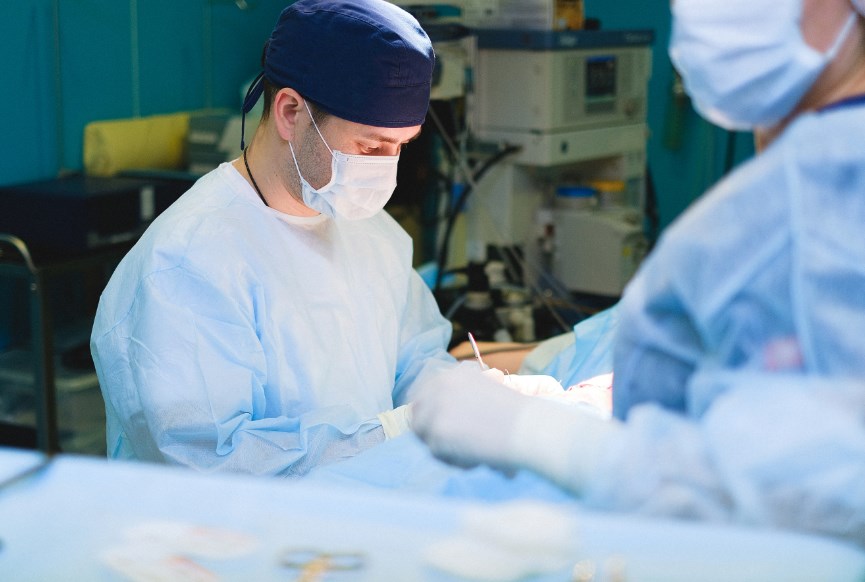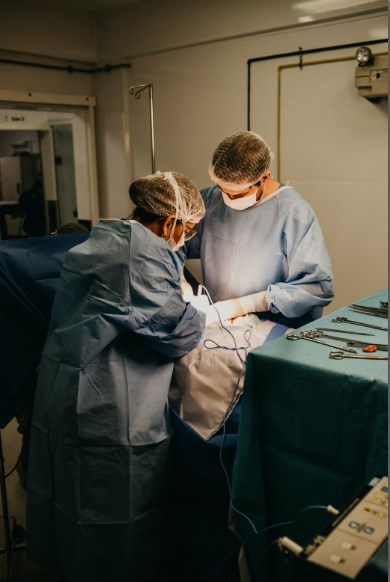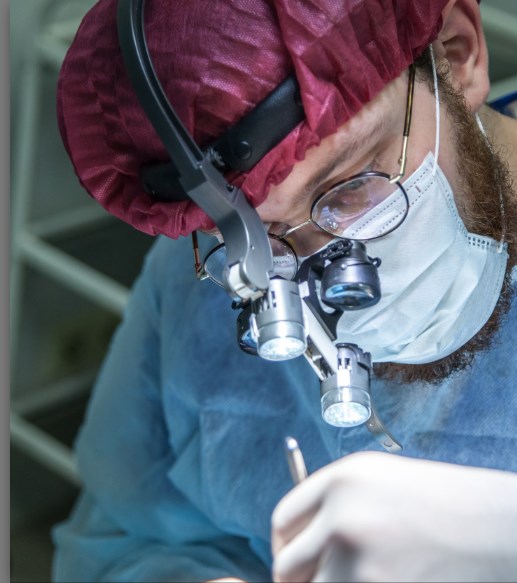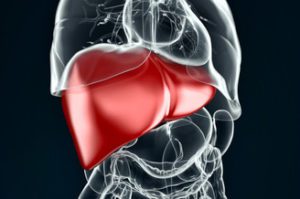Cadaveric Liver Transplant: What you need to know
Liver transplants are frequently performed using cadavers, or deceased donors, as a source of organs. The deceased donors gave their prior permission to donate their organs. A donor’s liver is removed and maintained for transplantation, which needs to happen within 24 hours of the donor being deemed legally dead (brain dead). The cadaveric donor programme aims to achieve maximum organ by harvesting from potential donors, including the liver, and provide easy access to transplant services.
What is Cadaveric Liver Transplant?
The procedure known as “cadaver donor liver transplantation” or “deceased donor liver transplantation” involves removing the liver from a brain-dead patient. A patient who is nearing the end of their liver failure receives a deceased donor liver transplant. Among the two liver transplantation techniques, cadaveric liver transplantation is one in which the deceased donor may have suffered a brain injury or been involved in an accident. What happens in a cadaveric liver transplant procedure?
A cerebral hemorrhage, head injury, or accident could possibly have affected the donor in a cadaveric liver transplant. Following the doctor’s official declaration of brain death, the organ is removed for donation with the family’s permission. A dead donor’s identity and the circumstances of their passing are kept private. The recipient’s waiting list position can always be discussed with the transplant coordinator and liver transplant surgeon.
A liver transplant from a deceased donor often requires four to fourteen hours of operation. The liver that was donated is transplanted after the injured liver is removed.
Post-operative care for cadaveric liver transplant procedure
After surgery, recipients will be closely watched in the intensive care unit (ICU) to ensure that their bodies are not rejecting their organs. Depending on the patient’s condition, they may be sent to the general ward. Testing for liver rejection helps to determine the probability of rejection. Immunosuppressants are given to patients to avoid rejection. There is also nutritional guidance and physiotherapy provided. Individuals who undergo cadaveric liver transplant surgery usually recover successfully. Approximately 90% of patients receive a liver transplant and survive for a minimum of a year, and many go on to live considerably longer. The total success rate is between 85 and 90%.
Final thoughts
The liver is an important organ in a body and is referred as human body’s powerhouse. It is the largest internal organ in the body which is situated beneath the diaphragm and above the stomach. Individuals who are suffering from end-stage liver illnesses or acute liver failure can benefit from cadaveric donor programme for liver transplants because these conditions may not be treated with therapy.

